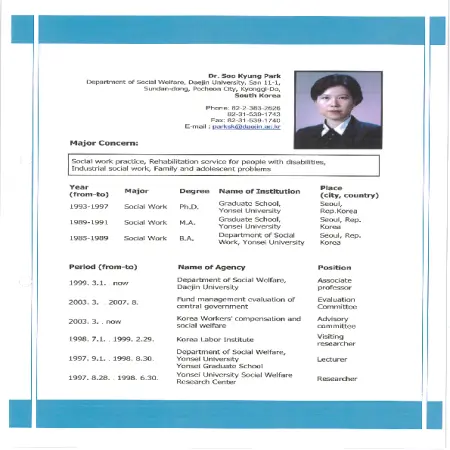|
The effect of negative and supportive behaviors of their parents and friends on substance abuse risk among Korean adolescents and implications for family resilience intervention: gender differences
|
|
: 1565 Views : |
| Item type | Conference or Workshop Item |
| Subjects | 300 Social sciences > 302 Social interaction |
| Division/Agency | LPPKN - National Population and Family Development Board, Malaysia: Family Well-Being Division |
| Keywords | Negative and Supportive Behaviors, Substance Abuse |
| Additional Information | National Population and Family Development Board (NPFDB) in collaboration with the DOHA International Institute. |
| Abstract | Substances use among adolescents is particularly because early initiation of substance not only leads to many detrimental impacts on their lives but also is predictive of both increased use and more serious patterns of use in their adulthood. Thus, it is important to identify potential substance users and factors related to substance use because these efforts may provide important information to help adolescents who are at high risk for substance use. Many studies documented that parental alcoholism and peer substance use are the most predictive risk factors for substance use among adolescents. On the other hand, there is ongoing debate among researchers on the influence of social support from family and friends on substance use by adolescents. Also, individual factors such as self-esteem, emotional coping, and academic performance have been shown to be associated with substance use among adolescents. Unlike western society, little is known about gender difference in the prevalence and correlates of substance use among adolescents in South Korea. Accordingly, this study aimed to identify the prevalence of substance abuse risk among South Korean adolescents and to examine the effects of negative and supportive of parents on their substance abuse risk by gender. The participants were 1,981 high school youths between the ages of 16 and 19 years (mean, 17.69) residing in Seoul city. Data collection was conducted conveniently choosing high schools in Seoul. Participants completed a self-report survey which included measures of substances abuse risk of adolescent and his or her best friend (using a POSIT scale), parental alcoholism (using the CAST), supportive behaviors from either parent or friend (using multidimensional scale of Perceived Social Support), Rosenberg's self-esteem scale, COPE scale developed by Carver et al. and gender, age, perceived economic status and academic performance. |











